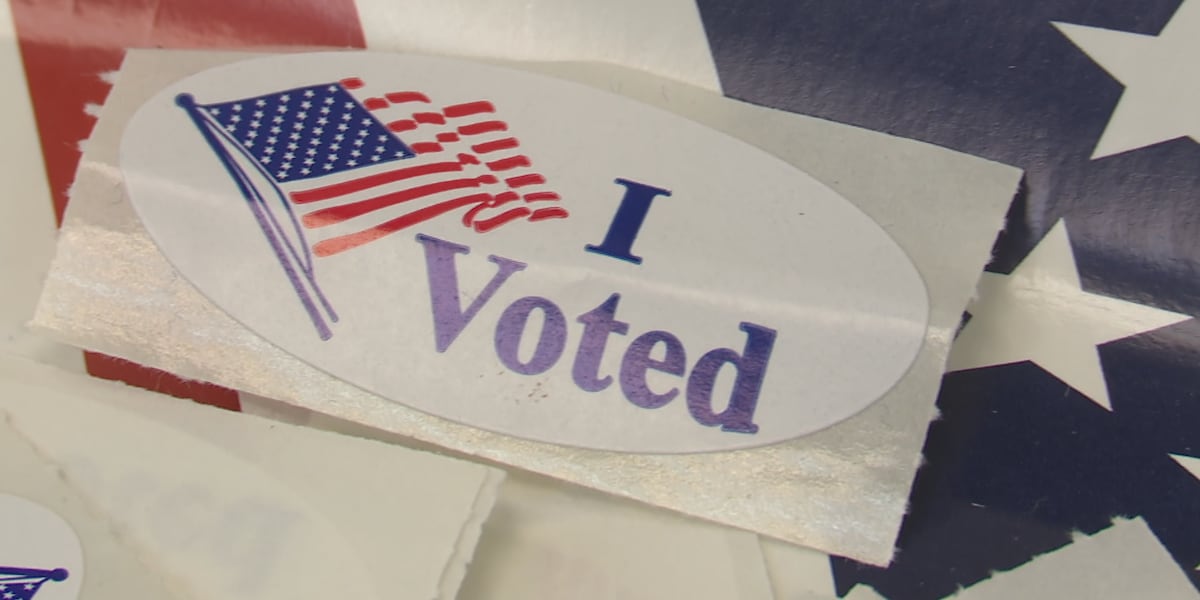Florida’s traditional preparations for hurricane season are being blown off course by a budget stalemate in Tallahassee – and sharp cuts in Washington, D.C.
A dispute between GOP state House and Senate leaders means the typical sales tax holiday on hurricane preparedness items won’t be held at the onset of hurricane season as it usually does. The 2025 Atlantic hurricane season lasts from June 1 till Nov. 30.
And the winnowing of the federal workforce has hit some agencies important to hurricane forecasting and response, such as the Federal Emergency Management Agency and the National Oceanic and Atmospheric Administration (NOAA), leading some to question whether the state will be able to handle a busy hurricane season.
“I am worried that FEMA is going to fail this summer,” U.S. Rep. Jared Moskowitz, a Coral Springs Democrat, told a U.S. House committee May 11.
Moskowitz was Florida’s emergency management director under Gov. Ron DeSantis in 2019-2021. He agrees FEMA needs reform and could give block grants to states – something DeSantis has repeatedly argued for – but was alarmed that U.S. Homeland Security Secretary Kristi Noem advocated for shuttering the agency entirely.
And when Cameron Hamilton, the acting FEMA administrator, told a Congressional committee on May 7 he didn’t believe they should shutter the agency, he was ousted the next day.
Moskowitz believes eliminating FEMA would bankrupt small states hit with a disaster and could even imperil large states: “Florida and Texas might be able to survive one hurricane this summer without having to cut health care or education or their (transportation) budget – but not two.”
Federal layoff push hits weather agencies hard
At NOAA, which houses the National Weather Service and National Hurricane Center, nearly 1,000 employees were fired or took buyouts under pressure from the Trump administration.
Leaders at NOAA and FEMA have said they still retain the resources necessary to be prepared for hurricane season.
Gov. Ron DeSantis, too, has said Florida will be ready with or without FEMA. At an event in Tampa recently, he said Florida’s preparation gathering resources and coordinating utilities and line workers to restore power is done without federal help.
FEMA reimburses local governments for debris removal and helps individuals with housing, food and supplies in the aftermath of a storm; DeSantis said he assumes those programs will still be available.
“On the core preparation, response and then stabilize and get people back to normal – just know that we’ve never relied on FEMA for any of that here in the state of Florida,” DeSantis said. “If we’re called upon to do it again for this hurricane season, we will do it again.”
But Florida residents could miss out on a sales tax holiday to stock up on their own gear to prepare for storm season.
House and Senate leaders have deadlocked over the budget, including over a tax cut bill, meaning no hurricane preparedness sales tax holiday has been approved yet this year. Lawmakers have passed 11 such holidays since 2006, including at least one every year since 2017.
The holiday typically includes items like batteries, radios, tarps, generators and flashlights that would be exempt from sales taxes. The Senate included a holiday that would run from May 15–31 in its tax package (SB 7034) but the House didn’t include any sales tax holiday in its bill (HB 7033).
House Speaker Daniel Perez, R-Miami, has pushed for an overall reduction in the sales tax for all items, moving it from 6% to 5.25%, and slighted the idea of sales tax holidays in the process.
“This will not be a temporary measure, a stunt or a tax holiday,” Perez said March 26 in unveiling his plan. “This will be a permanent, recurring tax reduction. This will be the largest state tax cut in the history of Florida.”
Gov. Ron DeSantis holds a press conference with Speaker of the House Danny Perez and Senate President Ben Albritton on Thursday, Feb. 13, 2025. DeSantis signed anti-illegal immigration legislation then took questions from the media.
But Senate President Ben Albritton, R-Wauchula, has been wary of cutting the rate too drastically. And DeSantis killed a tentative “framework” for a deal between the chambers that included a smaller sales tax cut, leaving a budget stalemate in place.
Lawmakers have until June 30 to pass a final budget, which DeSantis then must approve, to avoid a partial state government shutdown. The state’s 2025-26 fiscal year starts July 1.
If a hurricane preparedness sales tax holiday is included in a final tax cut bill, it is unclear when it would start. But it likely wouldn’t be until well into hurricane season, as the state’s Department of Revenue and retailers would have to prepare for it even after the bill was signed into law.
DeSantis, who included the sales tax holiday in his budget recommendations, said May 29 he wants lawmakers to include it in any final bill.
Gray Rohrer is a reporter with the USA TODAY Network-Florida Capital Bureau. He can be reached at grohrer@gannett.com. Follow him on X: @GrayRohrer.
This article originally appeared on Tallahassee Democrat: Will budget battles put Florida’s hurricane readiness in peril?





